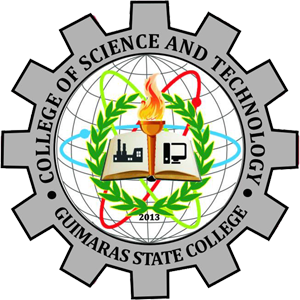Program Objectives
- Produce graduates who are equipped with current technologies and tools, as well as, quality assurance methodologies that will lead to the development of implementation-ready information systems.
- Enhance awareness on how to methodically and practically approach a variety of technical, organizational, and managerial issues to ultimately improve ICT integration towards the attainment of strategic business advantage.
- Inculcate among students the essential virtues and attitudes, as well as develop necessary knowledge and competency levels required of an information technology professional.
- Train students to systematically appraise the quality of computer-based information systems against user needs and requirements to guarantee user acceptance and implement ability.
Program Outcomes[CMO 25, s. 2015 Section 6.3.B]
- Apply knowledge of business processes, computer, mathematics and social sciences appropriate to Information Systems
- Analyze a problem, identify and define the computing requirements with respect to organizational factors appropriate to its solution and plan strategies for their solution
- Evaluate information systems in terms of general quality attributes and possible trade-offs presented with the given requirement
- Design, implement, and evaluate information systems, processes, components, or programs and to source cost-benefits efficient alternatives to meet desired needs, goals and constraints
- Use knowledge and understanding of enterprises in modelling and design of information systems
- Deploy and use effectively skills, tools and techniques necessary for information systems practice
- Function effectively on teams (recognizing the different roles within a team and different ways of organizing teams) to accomplish a common goal
- Communicate effectively with a range of audiences Communication skills includes technical writing, presentation and negotiation and numeracy
- Recognize the legal, social, ethical and professional issues involved in the exploitation of computer technology, and be guided by the adoption of appropriate professional, ethical and legal practices both in the local and global community
- Recognize the need for and engage in an independent and life-long learning, planning self-learning and improving performance as the foundation for on-going professional development
Enrollment Data
Certificate of Program Compliance

BS in Information Systems
Compliant to CHED CMO No. 15, 2015 - PSG
